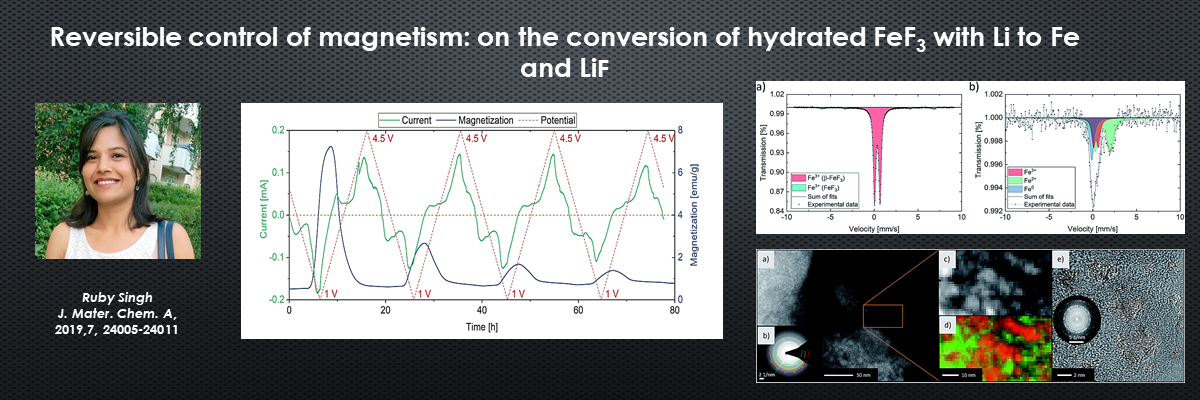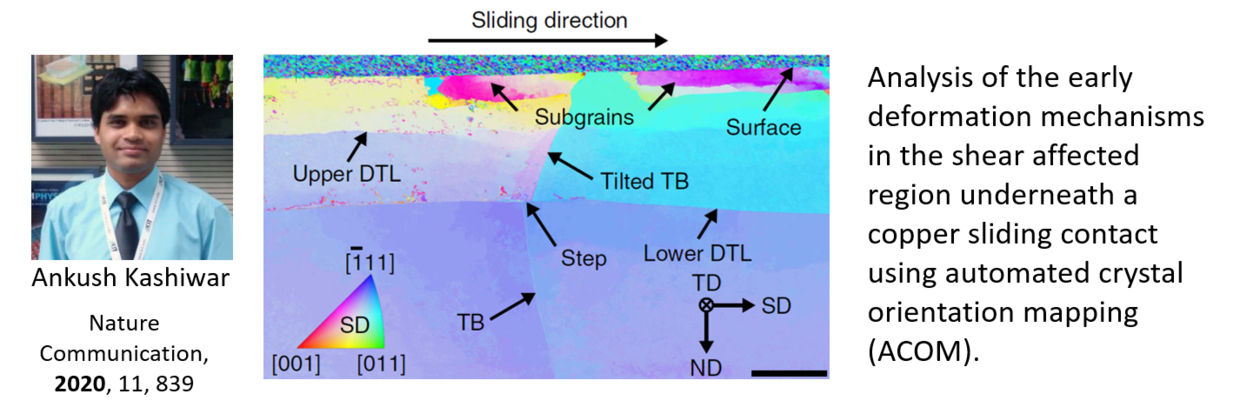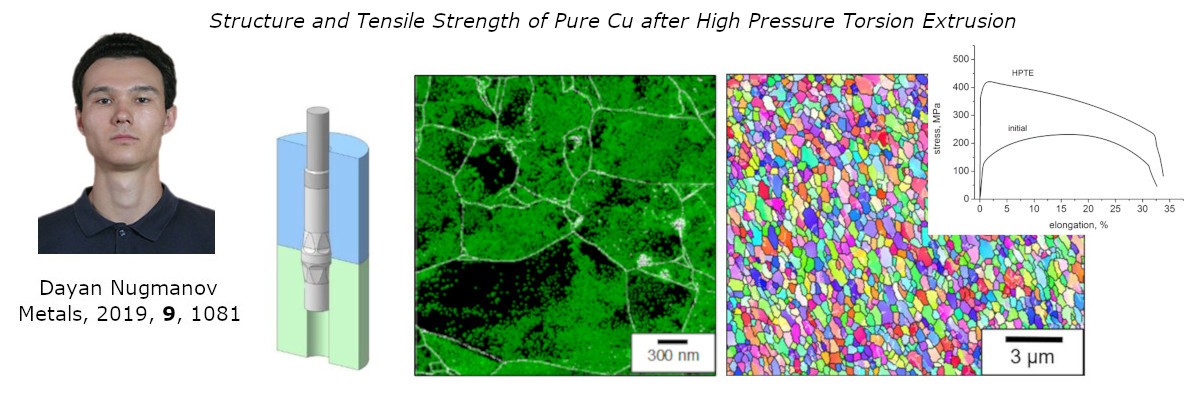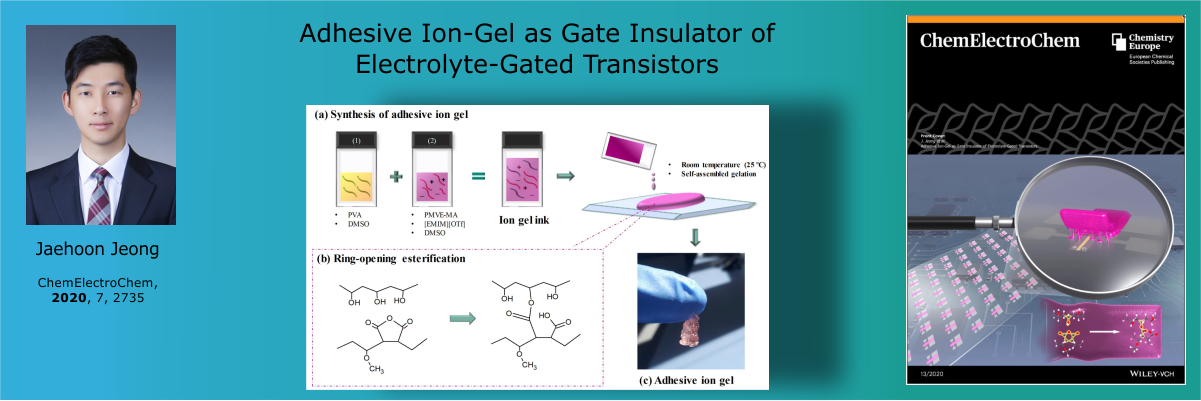Research Unit Nanostructured Materials
Our research unit covers a vast range of science topics from fundamental research on particle-wave-dualism to applied device research on printed electronic cicuits. To do so, we explore new material classes like nanoglasses, high entropy oxides, variable magnets, or metastable alloys using synthesis methods such as ultra-selective high-vacuum cluster deposition, high pressure torsion, and inert gas cooling. By high-end transition electron microscopy, we can analyze our materials and processes on the atomic scale.
Have a look at our team of material scientists, physicists, chemists, and electrical engineers and start your journey to share our excitement for nanostructured materials.
Former Director and Research Unit Chair
Former Director and Research Unit Chair
KIT Distinguished Senior Fellow


Karlsruhe Institute of Technology (KIT)
Institute of Nanotechnology
Hermann-von-Helmholtz-Platz 1
76344 Eggenstein-Leopoldshafen, Germany
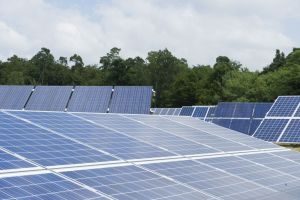
Researchers of KIT are developing an entirely new solar cell concept within the project “Novel liquid applied ceramic solar cells” (KeraSolar). It unifies photovoltaics with ceramic functional materials to combine the advantages of different solar cell technologies: Printability of organic and long-term stability of crystalline solar cells as well as ferroelectricity of perovskites. The project is funded by the Carl Zeiss Foundation with EUR 4.5 million.
Press release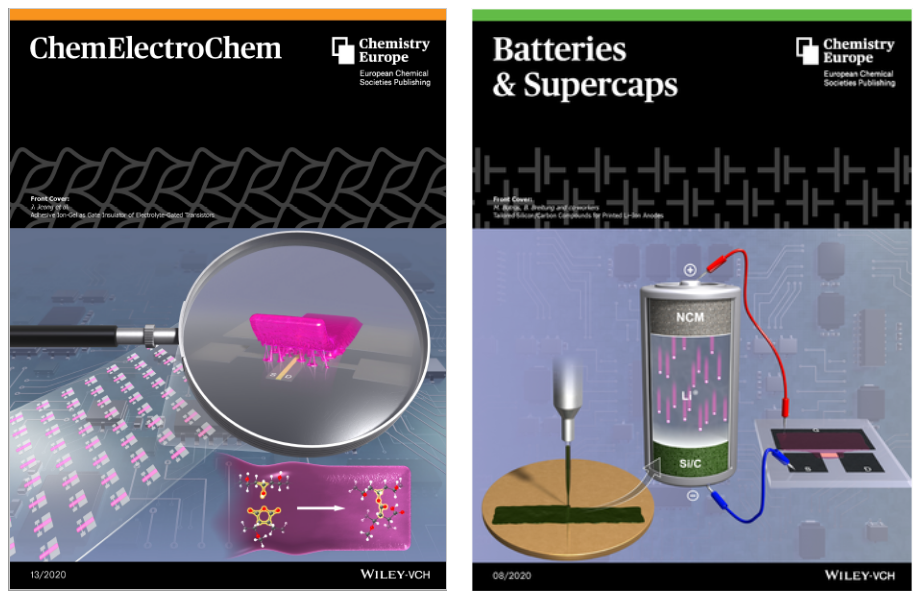
For their latest publications in ChemElectroChem and Batteries & Supercaps, Jaehoon Jeong and Parvathy Anitha Sukkurji achieved the opportunity to create the cover page. Together with Christian Grupe the cover images were prepared and can be found on the latest issues of the respective journals.
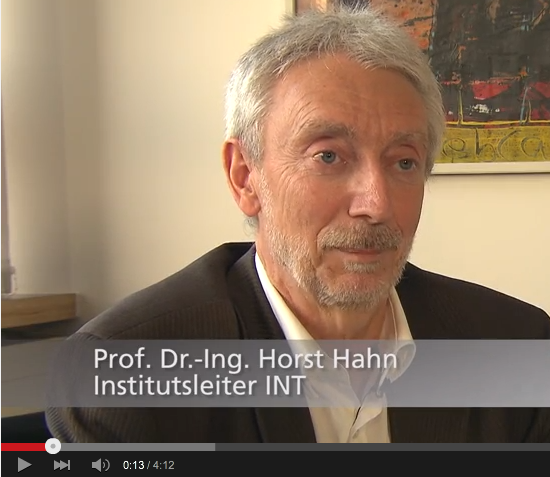
Learn more about Nanoglass in this interview with our institute director, Professor Horst Hahn, on YouTube (German).
Watch the video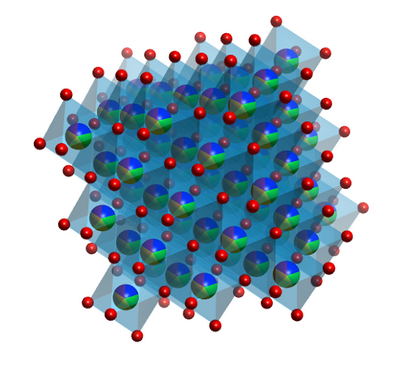
Novel materials with high-entropy stabilization for applications in magnets, electronics and energy storage.
HEM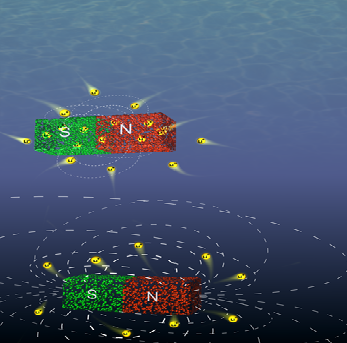
Exploring novel materials with fully-reversible tunability of magnetism of magnetism via application of electrical stimulus.
Tunables
Developping new metallic materials with enhanced properties
MSPN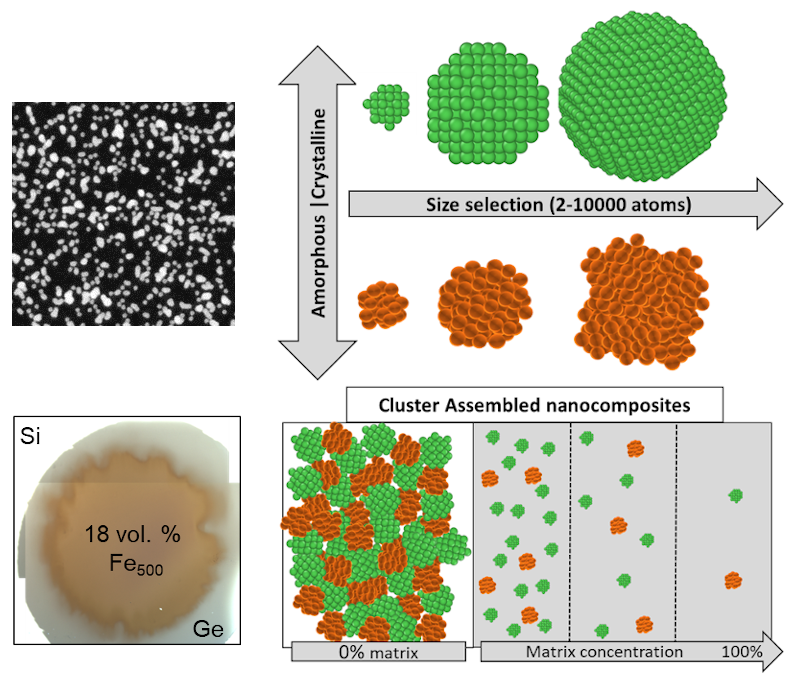
Investigation and development of synthesis methods, properties, and assembling of clusters.
Clusters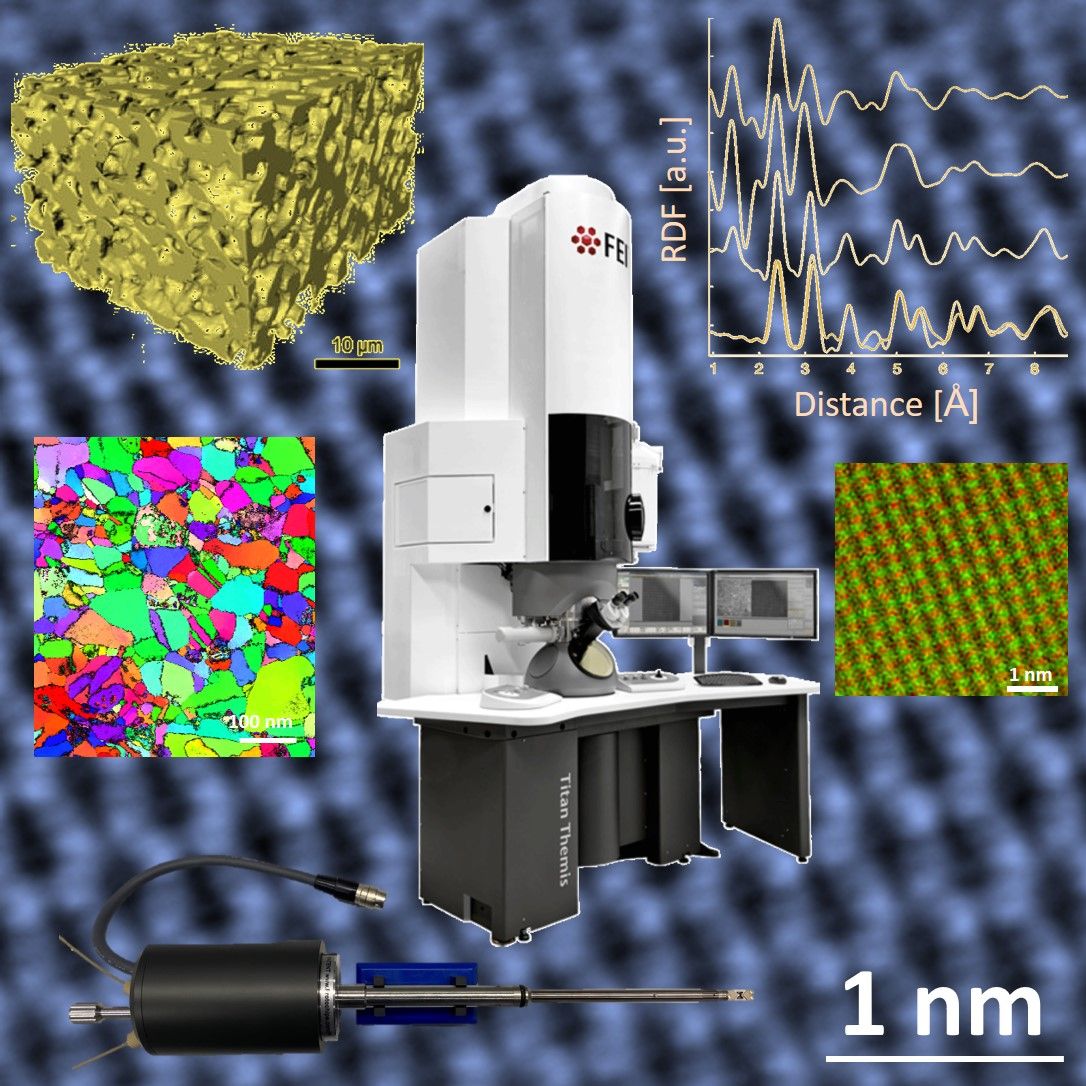
Advanced structural, compositional and functional materials characterization for correlations between synthesis/processing and properties/functionality
EMSL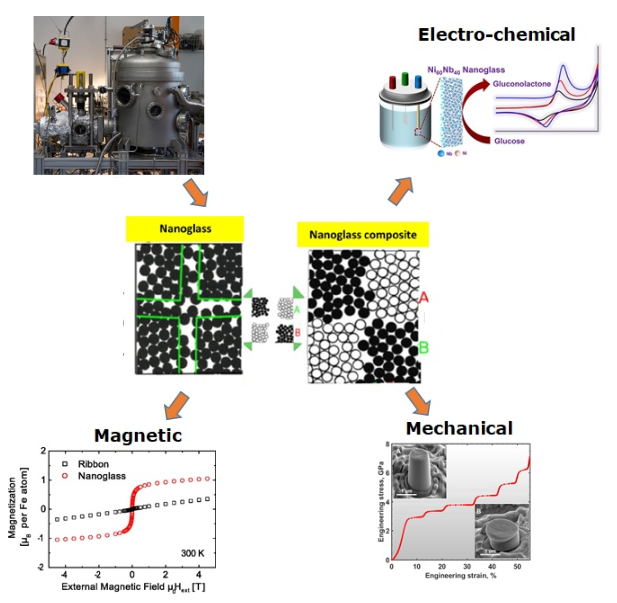
A novel class of non-crystalline materials with controllable atomic/electronic structures corresponding to the structures of modern technologically utilized crystalline materials.
Nanoglasses
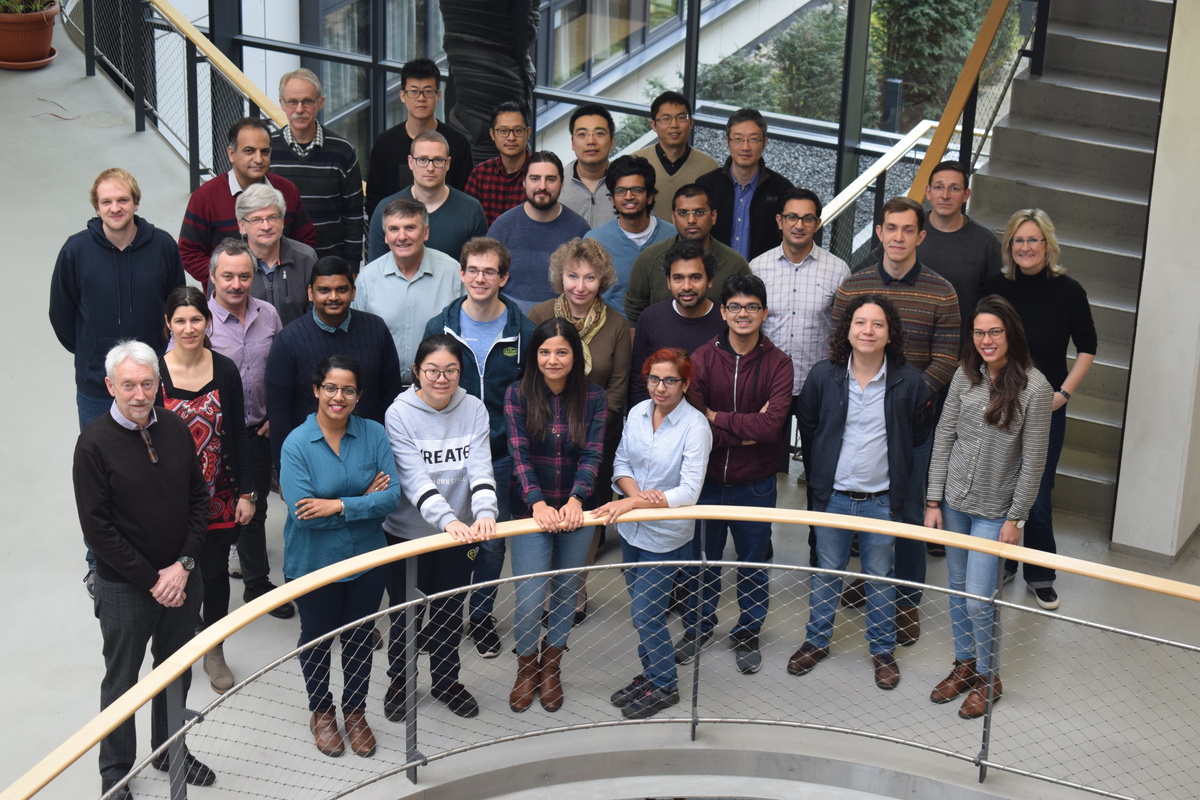
_rdax_500x740s.jpg)
